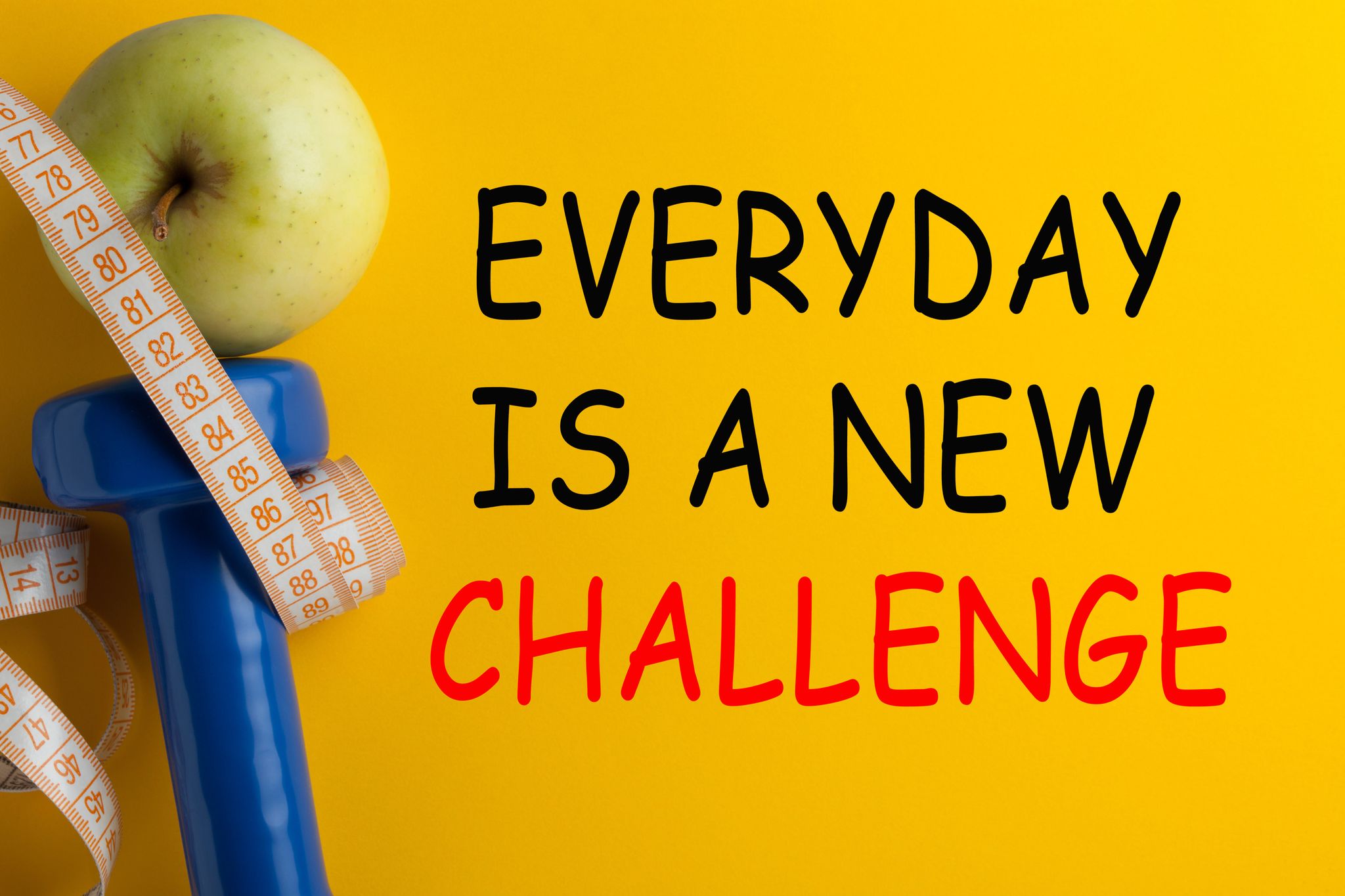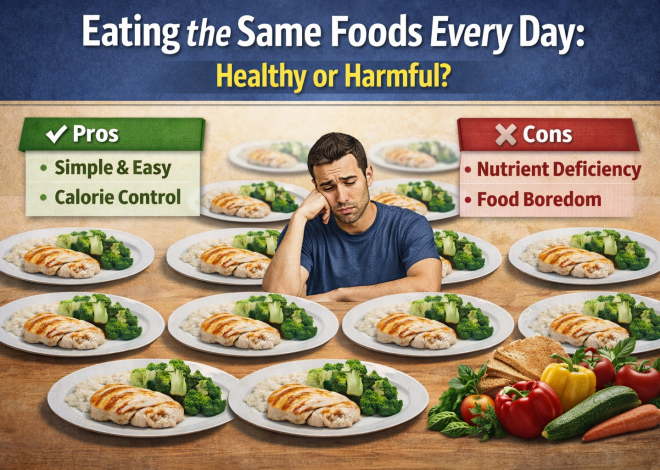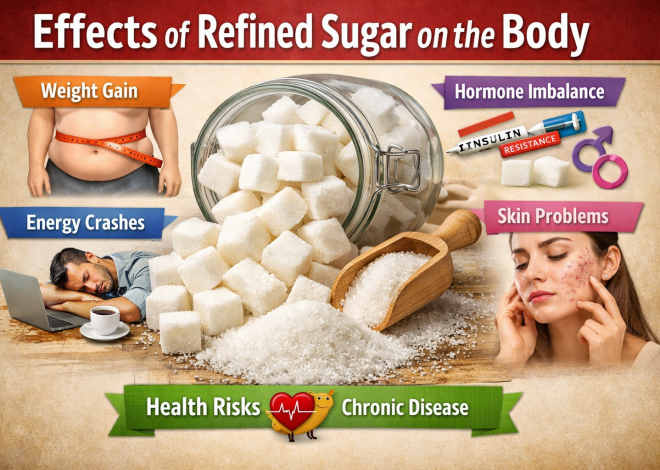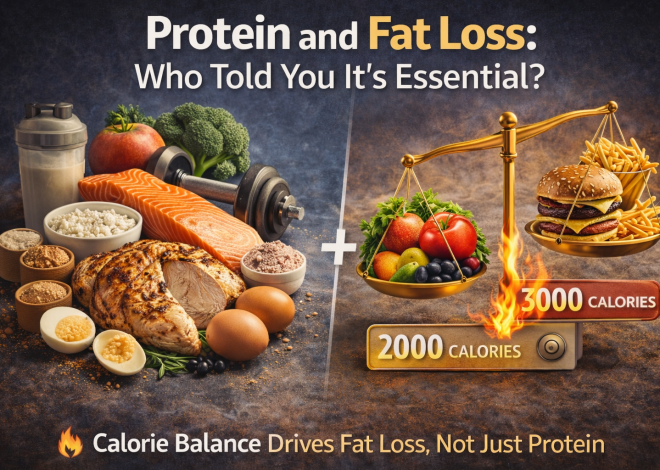
Do You Need to Burn Every Calorie You Eat for Weight Loss?
If you’ve ever thought, “I need to burn off everything I just ate,”—you’re not alone. This mindset is incredibly common, especially among those trying to lose weight. However, here’s the truth: burning every single calorie you consume is neither necessary nor healthy.
Let’s explore the real relationship between calories, metabolism, and fat loss—and why a smarter, more balanced approach delivers better long-term results.
What Are Calories, Really?
First of all, let’s get one thing straight: calories are simply units of energy. Your body needs them daily to:
- Fuel your brain and organs
- Support movement and activity
- Build and repair muscle tissue
- Regulate hormones and body temperature
Even when you’re at rest, your body burns calories through your Basal Metabolic Rate (BMR)—the energy required to keep you alive without doing anything.
Burn Calorie Myths: Do You Have to Burn Every Bite?
Short answer: No.
The idea that every calorie you eat must be burned through exercise is a total myth.
Here’s why this belief doesn’t hold up:
- Your body burns a large number of calories just by existing—breathing, thinking, and digesting.
- While exercise is helpful, it’s only a piece of the puzzle.
- Trying to “burn off” every bite can lead to burnout, obsession, and even disordered eating habits.
So instead of falling into this trap, it’s better to understand how your body naturally uses energy.
Calories In vs. Calories Out—With a Smarter Burn Calorie Perspective
Yes, the concept of “calories in vs. calories out” matters, but it’s not the whole story. In fact, several factors affect how your body handles calories:
- Quality beats quantity: 100 calories of soda and 100 calories of broccoli impact your metabolism and satiety very differently.
- Metabolism isn’t equal: Your age, gender, muscle mass, hormones, and even sleep patterns can influence how many calories you burn daily.
- Overexercising can backfire: Pushing too hard to burn calories may spike cortisol levels, which in turn can actually lead to fat storage—not fat loss.
So rather than chasing calorie numbers, it’s smarter to build a lifestyle that works with your body.
What to Focus on Instead of Obsessing Over Burned Calories
1. Create a Gentle Burn Calorie Deficit
If weight loss is your goal, aim for a moderate deficit of 300–500 calories per day. This approach is sustainable and far less stressful on your body.
Moreover, extreme deficits may lead to fatigue, nutrient deficiencies, and a slower metabolism.
2. Choose Nutrient-Dense Foods for Natural Burn
Instead of obsessing over calories, prioritize foods that keep you full and energized:
- Lean proteins (chicken, tofu, eggs)
- Healthy fats (avocado, olive oil, nuts)
- Non-starchy vegetables
- Whole grains (if not following keto)
- Low-glycemic fruits (like berries)
These foods help naturally support your metabolism and give your body what it truly needs.
3. Burn Calories by Moving with Purpose and Joy
Exercise should never feel like punishment. Rather, it should make you feel strong, capable, and confident.
Try incorporating:
- Strength training for muscle tone
- Daily walking or biking for cardiovascular health
- Yoga or dancing for flexibility and fun
Even casual movement throughout the day—like standing up regularly—can burn calories without the need for intense workouts.
4. Let Go of Burn Calorie Obsession
Lastly, your body knows more than any calculator. By listening to your hunger cues, resting when needed, and eating mindfully, you’ll build trust with your body.
Focusing too much on numbers can take the joy out of food and fitness. So, choose a more intuitive, compassionate path.
Final Thoughts: Fuel Your Body, Don’t Just Burn Calories
You do not need to turn every meal into a math problem. Instead of trying to burn off everything you eat, focus on fueling your body with intention, moving consistently, and building habits that feel good.
✨ Remember, your body deserves nourishment—not punishment.
Choose balance, choose health, and most importantly—choose yourself.



